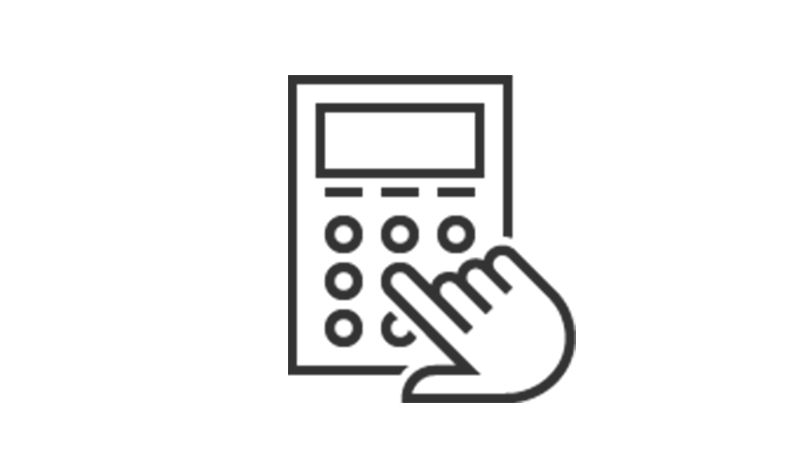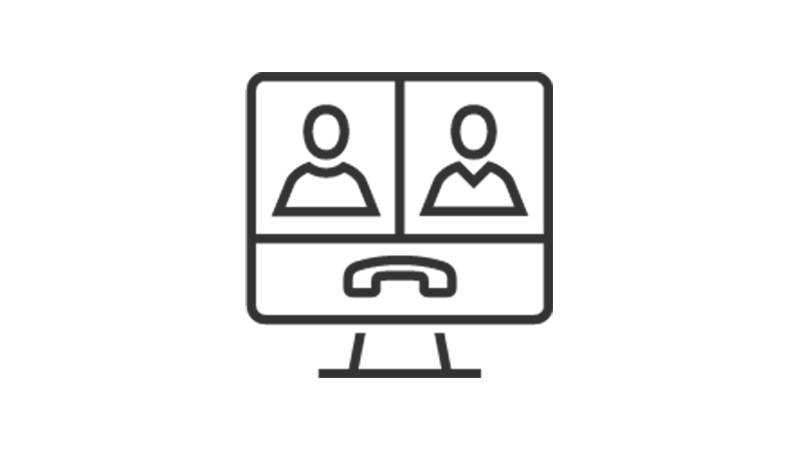Financial fitness
Our financial fitness hub gives you the tools you need to help work your money

Getting your finances in shape can make a big difference to your wellbeing. Learn about the good money habits that can put you on the right path.
Helping you improve your financial fitness
Our step-by-step guides and calculators can set you on the right track, no matter what kind of help you're looking for.
Find out your financial fitness score with our easy-to-use calculator

How it works
- Tell us a few details about your finances - including your spending, borrowing and saving.
- We'll calculate your financial fitness score.
- You'll also get tips to help you set achievable goals to improve your financial health.
- You can use the tool again in future to see if your score has improved.
Tools to help you

Billions of pounds of government benefits and allowances are going unclaimed every year. Check what you’re entitled to with this benefits calculator.

Our financial fitness trainers are on hand to speak to you about your banking needs – and you don’t have to be an HSBC customer to benefit from this service.

Register for one of our free webinars on everything from budgeting to making the most of your money or one of our specific cost of living webinars.
How to budget
Managing your everyday spending can give you peace of mind. Here you can learn how to create a budget and take control of your spending with our planning tool.

Take a look at our article on how to set a plan to make managing money easier by breaking your spending down.

Take control of your spending with our budget planner calculator. It’ll help you work out where your money goes and see if you can start saving more.

Take a look at our other budgeting guides, videos and tools to help your budgeting and spending.
Managing debt
What's happening in your life and the world around you can affect your finances. We're here to help you to prioritise and manage your debts.

Take a look at our article on how prioritising your debts may help you feel more in control of your money.

There are lots of reasons you may want to borrow money. Whether it's for home improvements, buying a new car or paying an unexpected bill, it’s important to understand how you can finance your needs.

Growing your money
Building up your savings can help you achieve goals you’ve set for the future. We have tips on everything from a holiday pot to an emergency fund and even learning how to invest.

Find out what the difference is between saving and investing, and which could be right for you.

Use our calculator to find out how long it will take you to save for that special purchase.

Planning for the future
We'll help you on the way to achieving your ideal retirement lifestyle. Try our retirement calculator and work out how much you'll need in later life.


Take our quiz to work out your ideal retirement lifestyle and how much you may need to achieve it.

Take a look at our other retirement guides, videos and tools to help you plan for later life.
Our money guides

Energy, food and living costs have been going up. Here, you'll find ideas on how to cut back on spending and ways to reduce the stress.

If something is happening in your life that means you might need some financial support, we're here to offer support and help.


More tips on how to get financially fit
Read our guides to the best ways to keep on top of your finances, whatever your circumstances.

Worried about paying your rent? There are steps you can take to get help.

Find out if you could be missing out on unclaimed government benefits and allowances.

Check out these ideas to help you stay on top of your money by keeping your bills under control.

